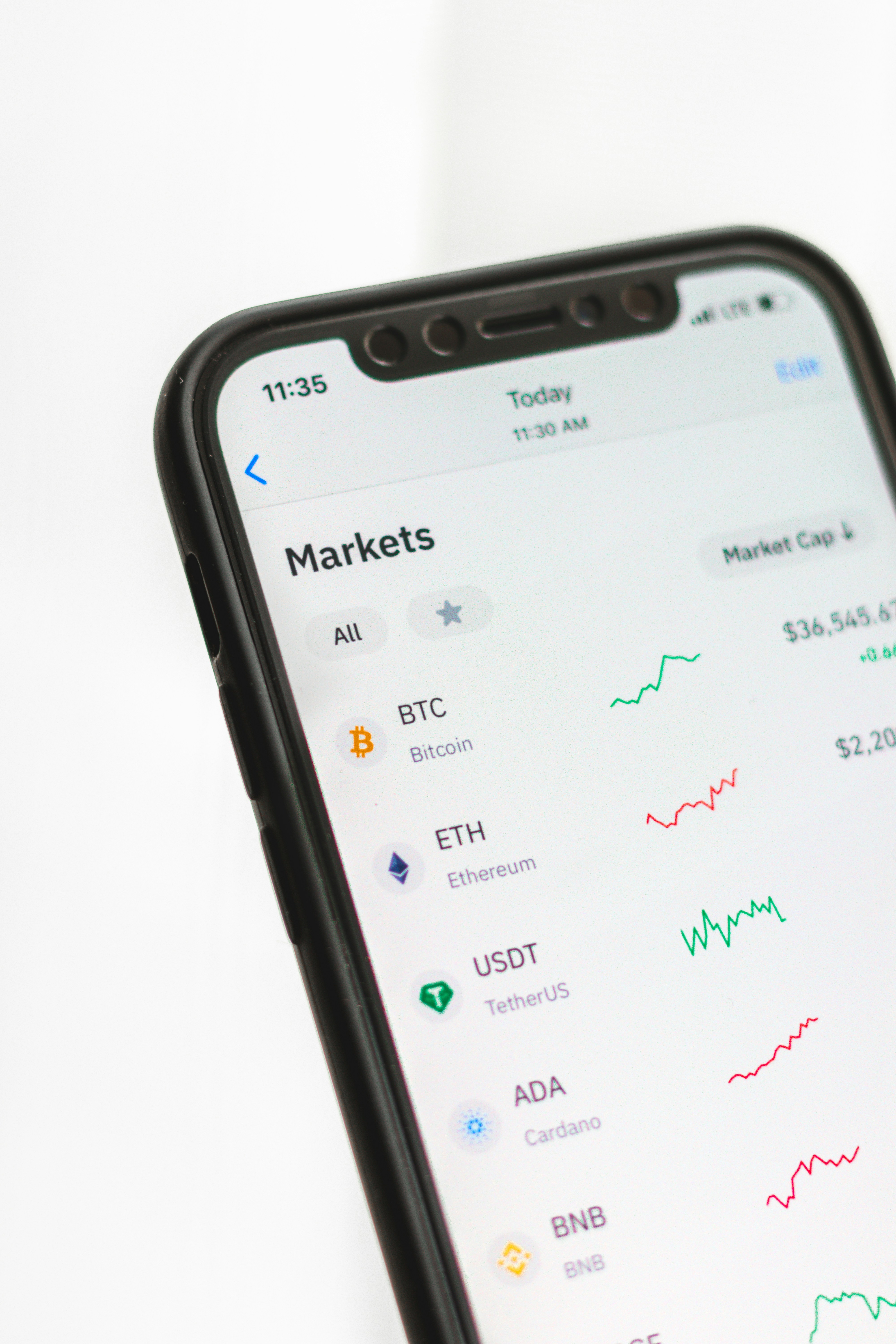As the digital economy evolves, more freelancers are asking: Should I accept Bitcoin and other cryptocurrencies as payment? With crypto adoption growing globally, understanding the pros and cons of crypto pay can help independent professionals make informed decisions about their payment options.
📚 Table of Contents
Benefits of Accepting Crypto Payments
Cryptocurrencies offer several advantages for freelancers. Transactions are fast, often completing in minutes regardless of location. They eliminate costly international transfer fees and currency conversion charges. Crypto payments also provide greater privacy and security compared to traditional payment methods. Perhaps most importantly, accepting Bitcoin and other digital currencies can help freelancers tap into a global client base that prefers using crypto.
Potential Risks for Freelancers
While promising, crypto payments come with volatility risks. The value of Bitcoin and other cryptocurrencies can fluctuate dramatically between payment and conversion to fiat currency. There’s also the learning curve of setting up secure wallets and understanding blockchain technology. Some clients may attempt to exploit the irreversible nature of crypto transactions, making dispute resolution challenging. Freelancers must weigh these factors carefully.
How to Start Accepting Cryptocurrency
Getting started with crypto payments is simpler than many freelancers realize. First, choose a reliable digital wallet to receive payments. Many freelancers opt for payment processors that automatically convert crypto to fiat currency if desired. Clearly communicate your crypto payment terms in contracts and invoices. Consider starting with small transactions to build confidence in the process before accepting larger crypto payments.
Tax and Legal Considerations
Freelancers must understand that cryptocurrency payments are taxable income in most jurisdictions. Keep meticulous records of all crypto transactions, including dates, amounts, and conversion rates. Some countries require reporting crypto holdings and transactions separately. Consult with a tax professional familiar with digital currency regulations in your location to ensure compliance.
Conclusion
Accepting Bitcoin and other cryptocurrencies can open new opportunities for freelancers but requires careful consideration of the risks and responsibilities. By understanding both the benefits and challenges, independent professionals can make informed decisions about whether crypto payments align with their business model and financial goals.


Leave a Reply